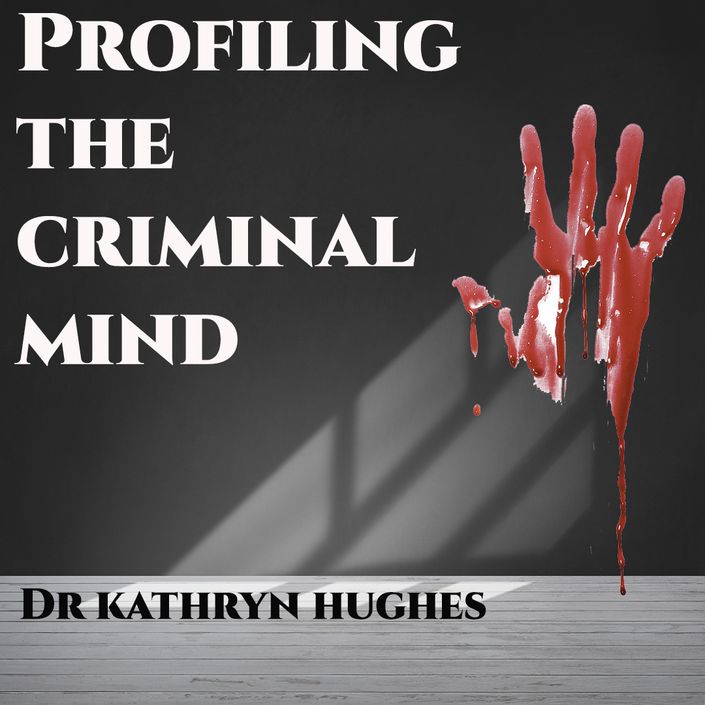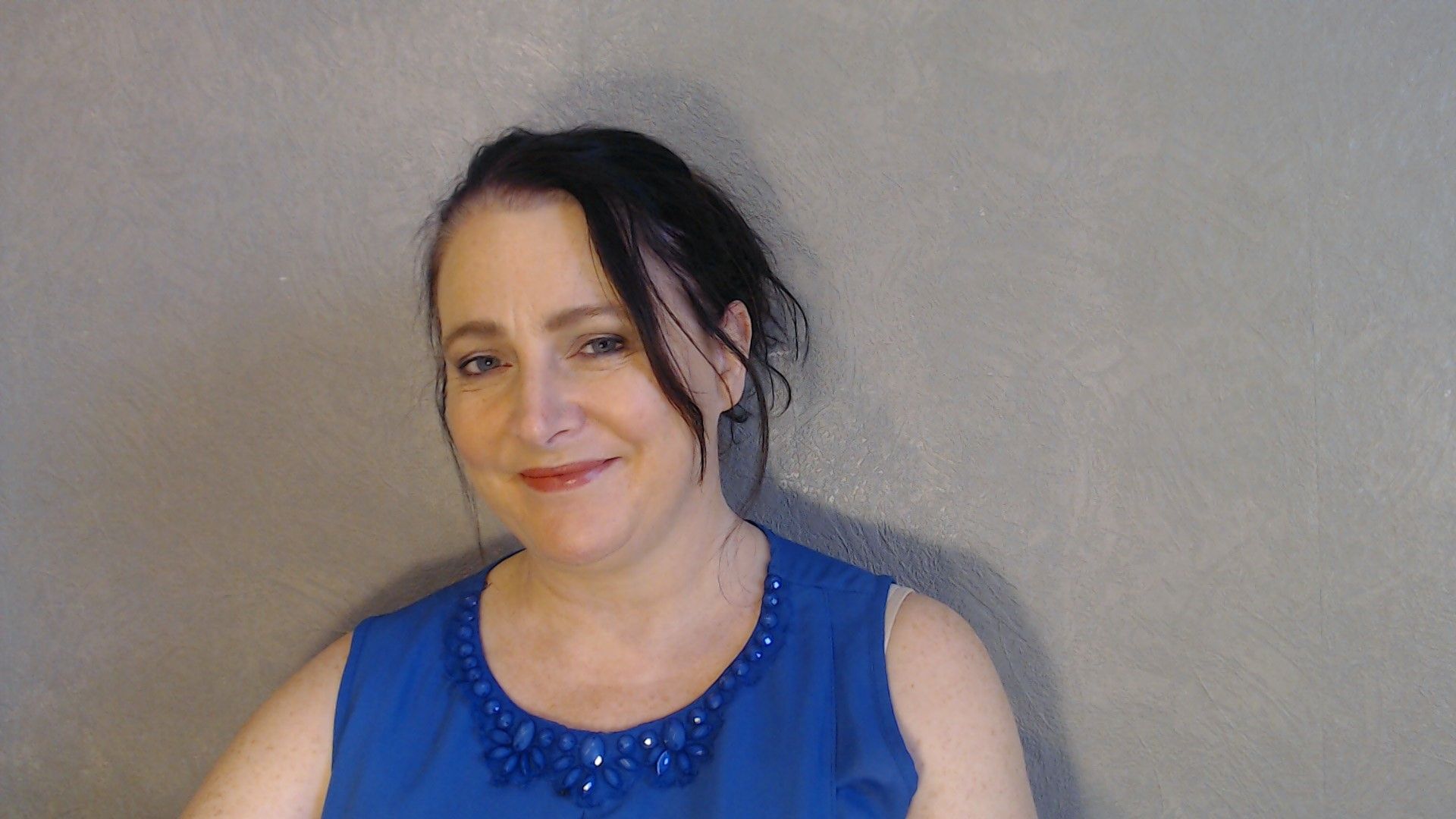
Profiling the criminal mind
The Psychology of Crime
Immerse yourself in the world of understanding criminals, their actions and the causes of their behaviour. In this online course, you will learn the ways in which information can be gathered and how profiles of offenders can be created. You will:
- Understand the different types of criminal behaviour.
- How to analyse crime, criminals and their behaviour.
- Critical understanding of the principles and methods used by the FBI and other profilers.
- How to develop a criminal profile of offenders.
It’s the perfect time to earn extra income, get that promotion, start a new career. Create the best version of yourself. Start now.
What’s included?
In the first lecture, we discuss some of the major theories that have suggested some of the reasons that people might commit a crime. Some of these are very different to each other and suggest it is either nature or nurture that creates a criminal.
The second lecture discusses some of the origins of offender profiling, which was of course born at the FBI Behavioural science unit at Quantico. The FBI’s classification system for serial violent offenders will be discussed. This section gives you an overview of how, where and why offender profiling was born. The study is still going from strength to strength and the FBI now have much more advanced profiling techniques. Offender profiles have been used in many cases where the police have no idea who the perpetrator might have been with great success.
The third lecture talks about the work of Professor David Canter and the development of Investigative Psychology. Some people may not have heard of the term investigative psychology before. It is a form of criminal psychology that applies established principles within psychology to all areas of law enforcement including crime, criminals, policing and the judicial system.
The fourth lecture discusses how we classify offence behaviours and offender characteristics. In order to investigate crime and begin to create links between crime scene actions and characteristics of the person who is likely to have carried the crime out, we need to be clear about how we should and should not define crime and which characteristics will be of most use. It is important to identify behaviours that can be useful in identifying the psychological features of an offender.
The fifth lecture discusses the various ways in which findings can be used by police and applied to practical everyday situations. This can be aspects such as developing interview techniques that help to draw out as much accurate information as possible. It can also be through technology that has been developed to identify where a suspect is most likely to live.
The sixth lecture takes a look at how profiles of offenders are created. This section takes an in-depth look at arsonists' behaviour and how this can be classified into different sub-sections. We then take a look at the characteristics of the individuals who are likely to have carried out each sub-section of behaviour. By doing this, we are able to narrow down a list of possible suspects.
Your Instructor

I have always been fascinated by crime and criminal behaviour. I would watch fictional TV programs and real crime documentaries and often wonder if it was actually possible to get into the mind of the offender. Actually, I thought I could do it myself because I had watched that many programs! My favourite film was Silence of the Lambs and my favourite TV series were Cracker and CSI. I would watch many experts give psychological profiles of famous criminals and would have so many questions. I wanted to know, what drives people to commit crimes and how are these people different from the rest of us?
I have always had a passion for learning and decided to become a student later in life. I went to college and university to learn about the psychology of offending. I was a little bit disappointed to learn that you couldn’t deduce everything about an offender by examining the crime scene, but the reality was so much better.
I was lucky enough to work alongside one of the world leaders in criminal psychology, Professor David Canter. As soon as I started university I was determined to get involved in his work. I worked as an intern and research assistant for Professor Canter and it was very much sink or swim – fortunately I stayed afloat.
One of my first assignments was to go out and interview members of the general public. This led to me doing interviews with prisoners in North West England. That was like a dream come true. I got to interview murderers, gang members, fraudsters, and many more about their crimes. I’m sure at one point I asked to be referred to as Clarice! I was surprised by how nice the majority of prisoners seemed to be.
I decided to set up CrimePsych to share my knowledge and experience in the psychology of offending. I want to share my passion for learning with others and encourage people to ask questions and seek out answers. For every crime there is a victim, therefore it is against my moral values to glorify or dramatize offending in any way. Everything I do is based on fact and research and is aimed at improving understanding.
The mission of CrimePsych is to enhance the understanding of the Psychology of Offending. It does so by providing online courses and live events where people from any background can learn the motivations, justifications and underlying behavioural characteristics of criminality. CrimePsych aims to bring awareness of Investigative Psychology, Offender Profiling, and Forensic Psychology to illustrate the ways in which these disciplines can be used to understand offending.
CrimePsych helps people develop the knowledge, understanding, and skills that will enable them to interpret offending behaviour and gain insight into criminality. CrimePsych offers information on many aspects of criminality including deception, stalking, domestic abuse, rape, and murder, which are delivered through weekly blogs, vlogs, live events and online courses.

